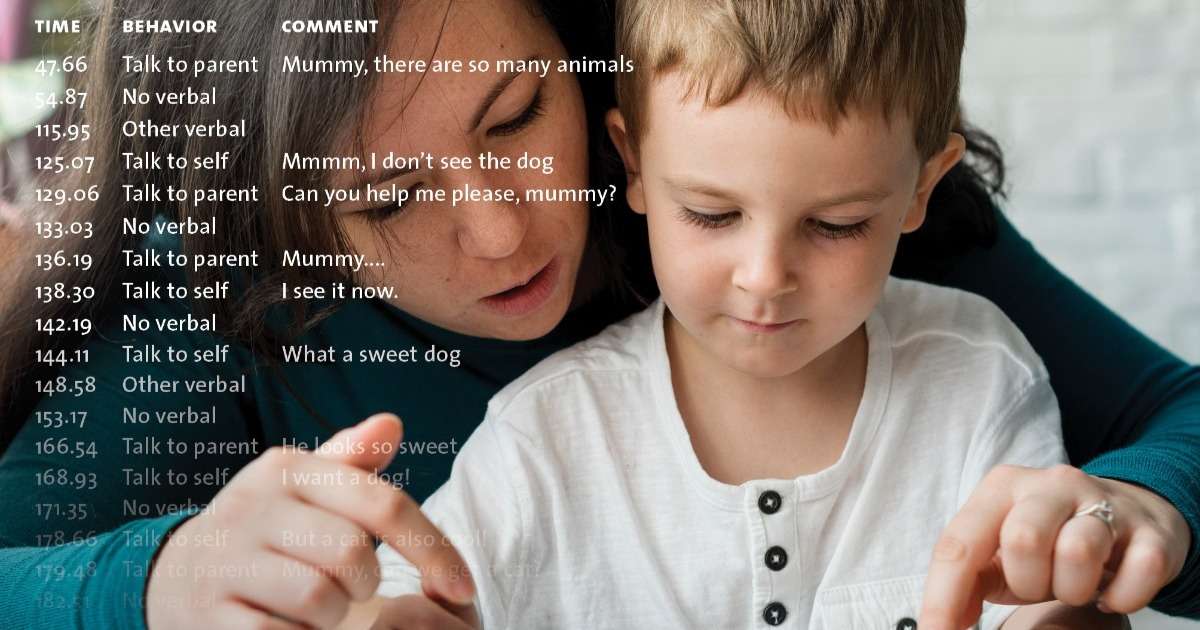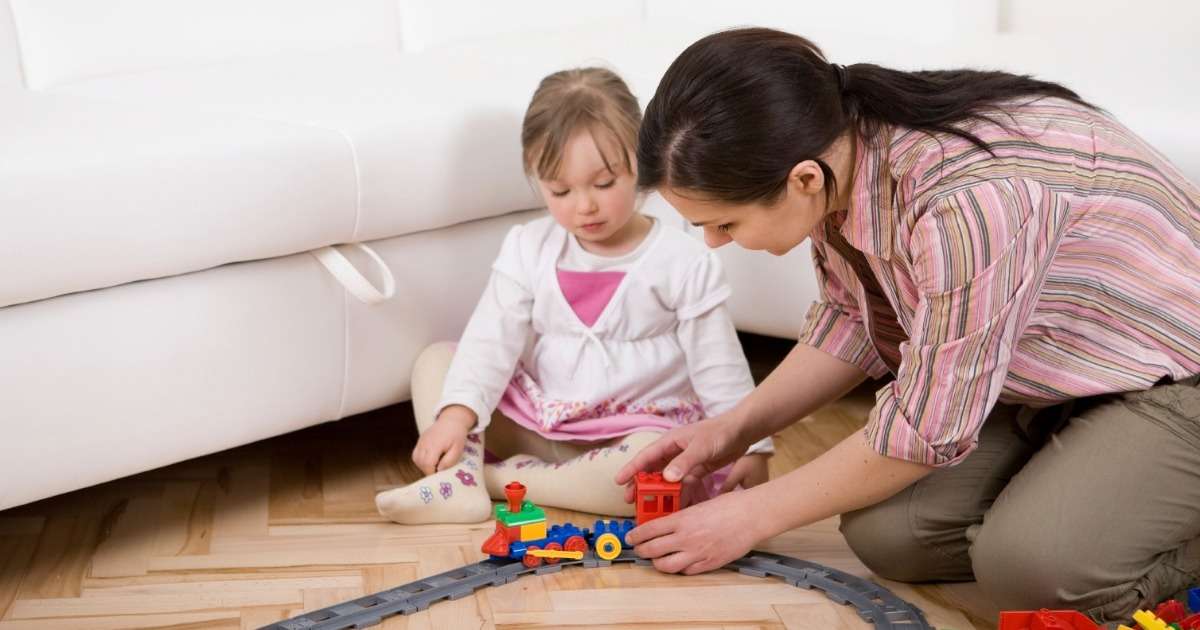
Parent-child interaction – research in a lab and on-site
Early in life, children are not capable of filling out a complete questionnaire or talking to an interviewer.

7 tips to make coding behavioral data more fun
Coding behavioral data helps to understand what your data represents. But let's face it, it isn't much fun to do and it takes a lot of time. Here are 7 tips to make the coding process more effective.

Parent-child interaction in autism: play behavior
Stephanny Freeman and Connie Kasari observed play behavior in an observation lab. They invited parents with their children to their observation lab and coded behavior in great detail.

Improve the interaction between parent and child with autism
Children with ASD are three times as likely to exhibit disruptive behavior as their typically developing peers. Can PCIT help coping with behaviors such as defiance, stubbornness, and temper tantrums?

4 recent blog posts about understanding autism spectrum disorder
Our understanding of autism spectrum disorder (ASD) has developed a great deal over recent years, but there is still much work to be done.

The role of parent-child interaction on child development
When children face cognitive and motor delays, they are often unable to reach developmental milestones at the expected times. Does this influence the interactive behaviors of parents and children?

Parenting behaviors and executive function in Down syndrome
Understanding more about developmental delays in Down syndrome is vital in developing targeted interventions. In this study, the relationship between parenting behaviors and executive function was examined.

The role of inhibitory control on substance use in adolescence
Adolescents are vulnerable to risk-taking behaviors such as substance use. Dr. Roy Otten and his team examined how early childhood stress and inhibitory control influence the risk of adolescent substance use.

Studying conflict interactions between mothers and adolescents
It is common for conflicts to arise between adolescents and their parents. However, severe conflicts can have negative effects on adolescent development. What can parents do to prevent escalating conflicts?

How do parenting practices relate to children’s nutrition risk?
Nutrition plays a vital role in children’s growth, development, and health. Researcher Walton and her team observed family mealtimes to gain a better understanding of children’s nutrition risk.
